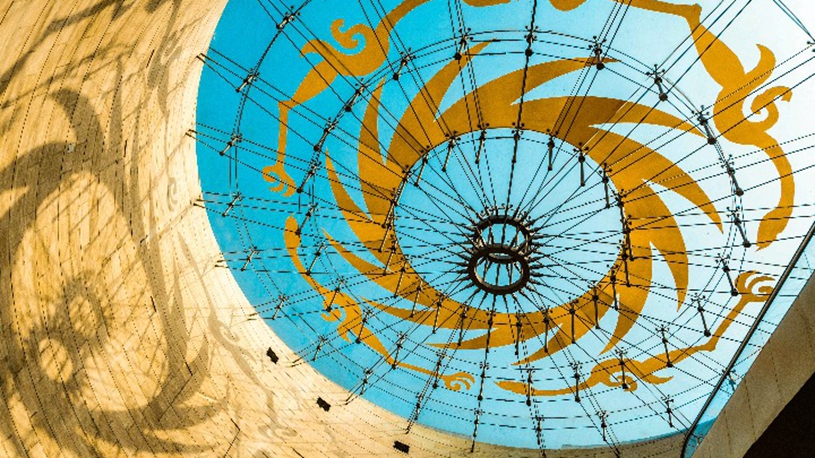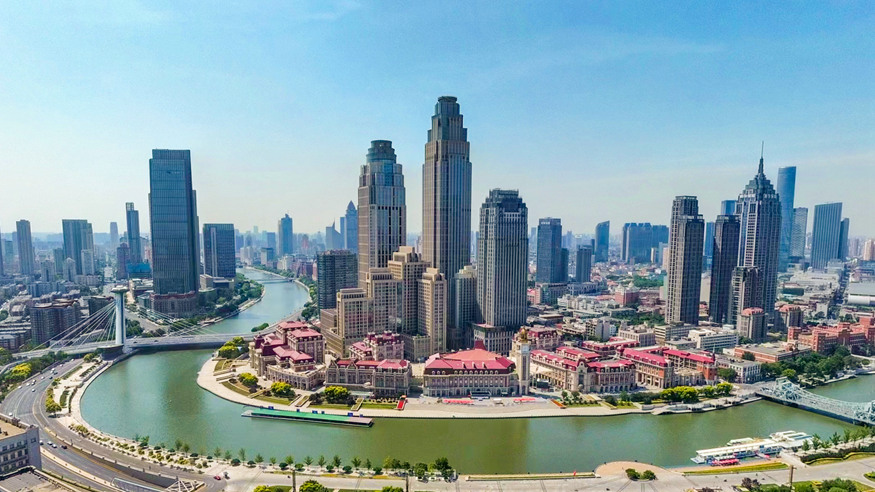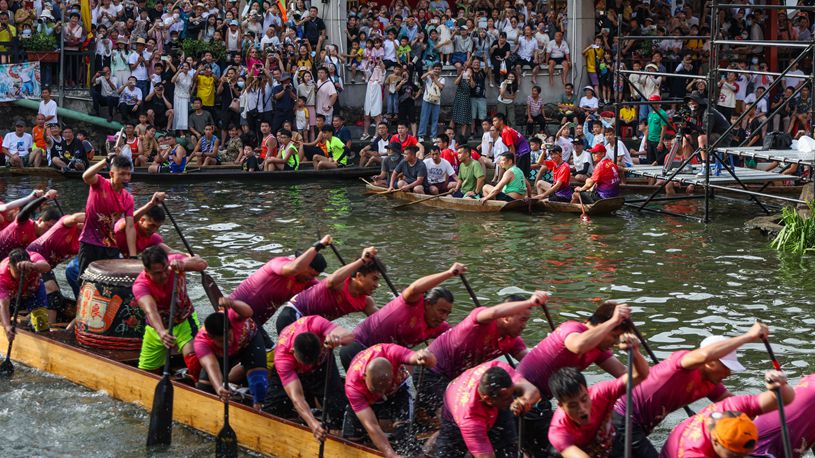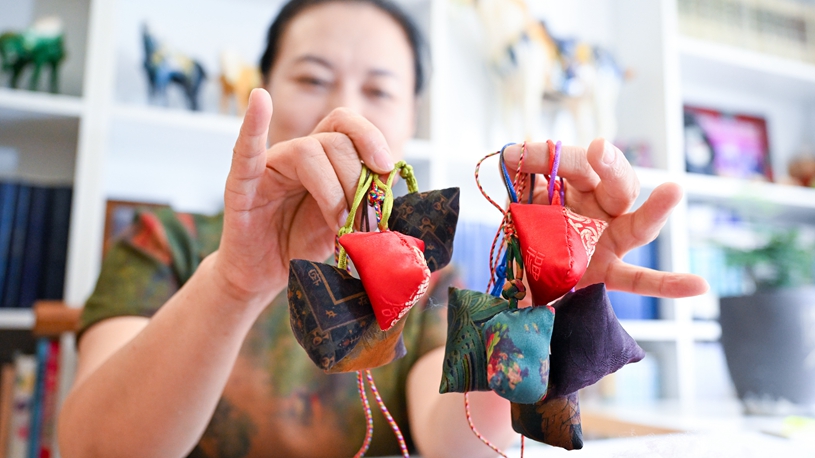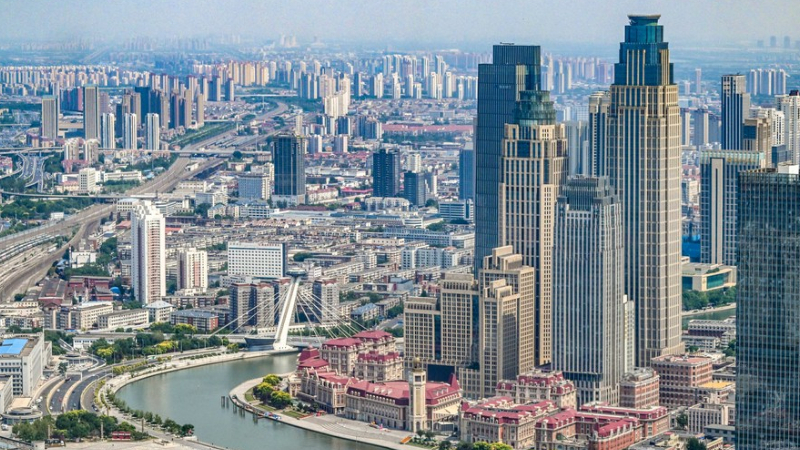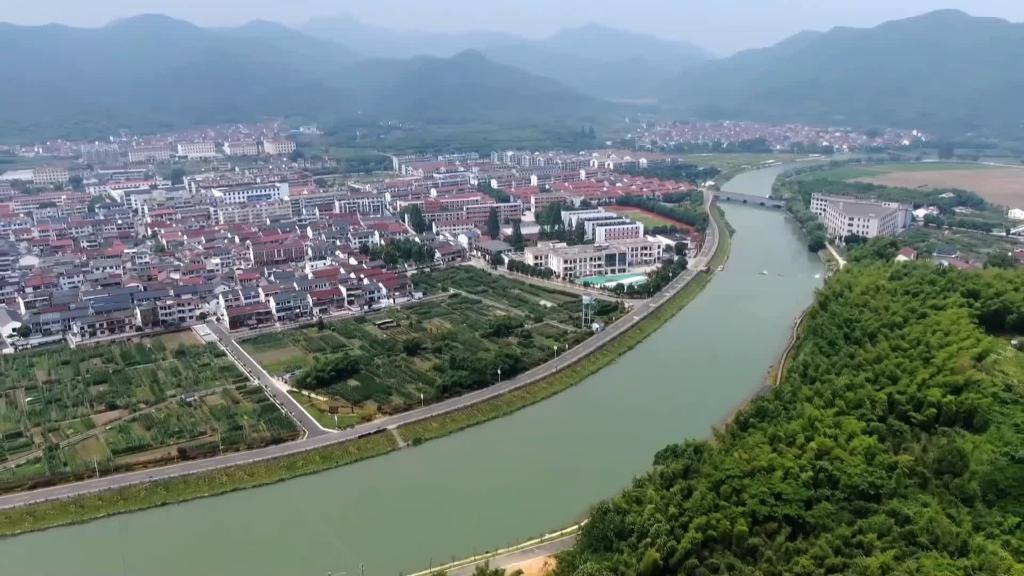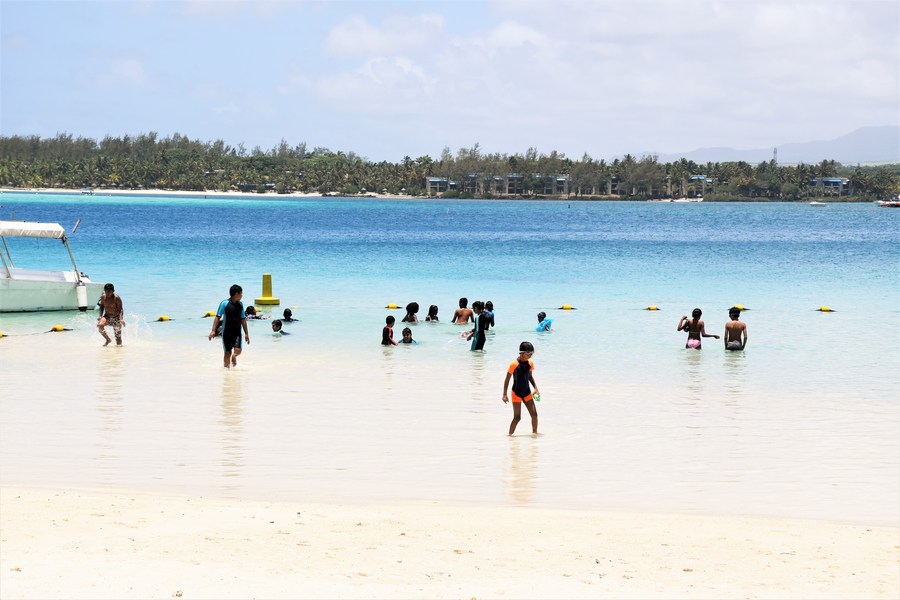
The file photo shows locals in the lagoon at Blue Bay in Mauritius, on Dec. 12, 2020. (Xinhua/Ajai Daby)
Chinese tech giant Huawei, with the International Union for Conservation of Nature and other partners, supported by the local community, has been engaged in a coral reef protection project off the east coast of Mauritius.
PORT LOUIS, June 26 (Xinhua) -- Chinese tech giant Huawei, with the International Union for Conservation of Nature (IUCN) and other partners, supported by the local community, has been engaged in a coral reef protection project off the east coast of Mauritius, the company said at a press briefing on Saturday.
As part of the Tech4Nature Mauritius Project, 25,000 coral fragments were successfully raised in nurseries and planted over an area of 1.01 square kilometers, Sudheer Maudhoo, Mauritia's minister of blue economy, marine resources, fisheries and shipping, said on Saturday during a ceremony of launching the new phase of the project.
"The next phase of the project will see a live camera system to monitor coral health, coral growth rates and also allow the general public to see our magnificent marine ecosystems," added the minister.
According to Huawei, to monitor the mobility of species at the coral reef restoration site and determine the factors that disturb reproductive success, a solution comprising cameras and GPS receivers, 4G, and cloud has been deployed. The second phase of the project will use AI (artificial intelligence)-based data analysis to guide conservation decisions, support the research of marine biologists, and educate the public on the importance of reef conservation and restoration.
"This project is the first of its kind that we are investing in Mauritius, after dozens of successful experiences of developing solutions to protect different species and natural spaces in countries around the world using advanced technologies such as cloud, AI, and connectivity," said Zheng Kui, CEO of Huawei Mauritius. "The role of the technology industry in meeting this challenge is key, but only through collaboration with strategic and committed partners can the objectives be achieved in a real way."
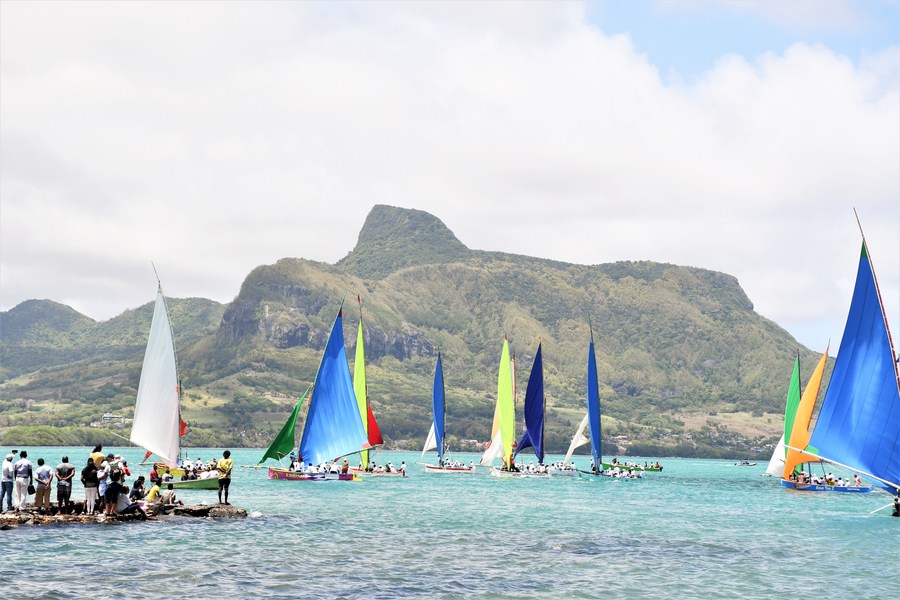
The file photo shows locals participating in the regatta, a race aboard local canoes during the Mauritian Language and Culture Festival in Mahebourg, Mauritius, on Dec. 12, 2020. (Xinhua/Ajai Daby)
"Collaboration between public institutions and the private sector is increasingly necessary to determine success in the face of complex environmental challenges," said James Hardcastle, head of the Protected and Conserved Areas Team for IUCN. "We have the opportunity to take advantage of technological innovations and incorporate them into conservation measures for our ecosystems."
Mauritius relies heavily on its coral reef resources, especially its fisheries and tourism industries. However, the reef system faces many threats, including overfishing, pollution, and changing seawater composition due to the removal of mangroves and seagrass.
According to Huawei, it is hoped that this project can be replicated in other areas of Mauritius and balance the needs of tourism and conservation. And with up to 50 percent of the world's coral reef already destroyed or degraded, the project's success to date demonstrates the value of further large-scale global reef restoration supported by digital technology. ■

